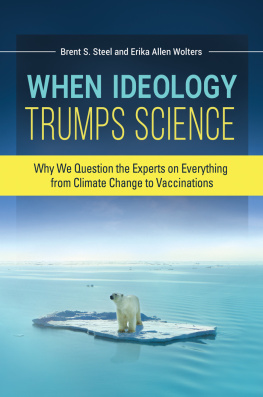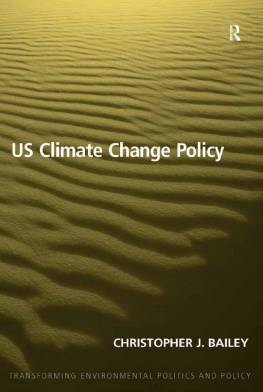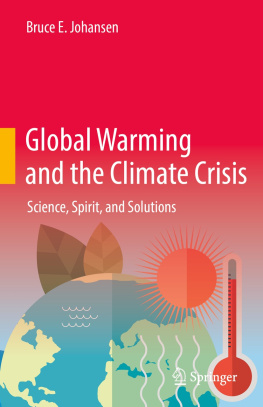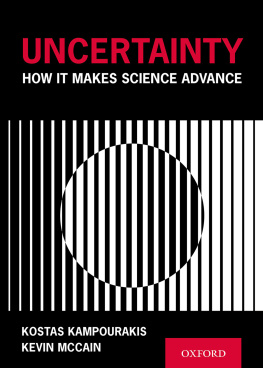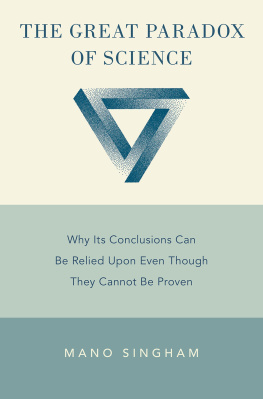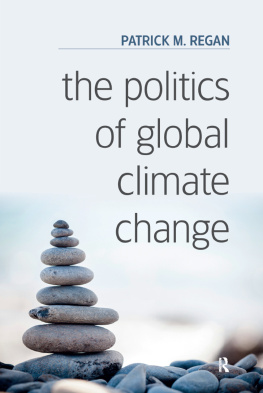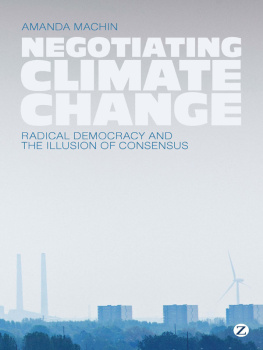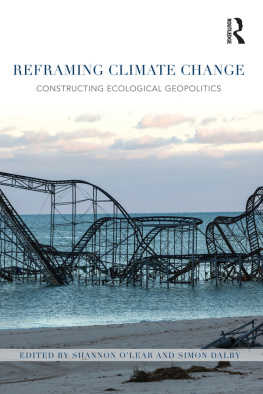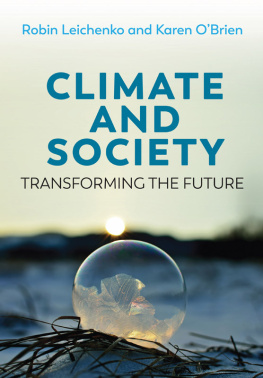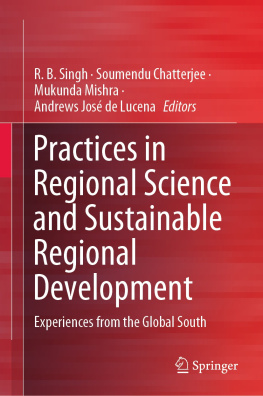
When Ideology
Trumps Science
Why We Question the Experts
on Everything from Climate
Change to Vaccinations
Erika Allen Wolters and Brent S. Steel

Copyright 2018 by Erika Allen Wolters and Brent S. Steel
All rights reserved. No part of this publication may be reproduced, stored in a retrieval system, or transmitted, in any form or by any means, electronic, mechanical, photocopying, recording, or otherwise, except for the inclusion of brief quotations in a review, without prior permission in writing from the publisher.
Library of Congress Cataloging in Publication Control Number: 2017034264
ISBN: 9781440849831 (print)
9781440849848 (ebook)
22 21 20 19 18 1 2 3 4 5
This book is also available as an eBook.
Praeger
An Imprint of ABC-CLIO, LLC
ABC-CLIO, LLC
130 Cremona Drive, P.O. Box 1911
Santa Barbara, California 93116-1911
www.abc-clio.com
This book is printed on acid-free paper 
Manufactured in the United States of America
Contents
Tables
Preface
The United States is currently at a crossroads. We are now in a political era where facts are fluid and the truth is subjective. This is dangerous territory. Science and empirical facts are the proverbial glue that should transcend ideology and worldviews. When we disregard science in order to construct a reality that fits more into the way we want the world to be rather than the way it is, we risk outcomes that do not adhere to the laws of science. This book provides a sober analysis of how embedded beliefs rather than a lack of scientific knowledge and understanding are creating a cognitive bias toward information that coincides with personal beliefs rather than scientific consensusand that this antiscience bias exists among liberals as well as conservatives.
Whether we are cognizant or not of the enormous influence science and technology has had on the United States, it has shaped our economy, society, and culture in innumerable ways. Instead of being critical analysts of scientific information, we default instead to cultural constructs of values and worldviews to inform our policies on critical social and environmental issues. The United States has maintained a global leadership role because of our advancements in science and technology. However, at a time when science is even more critical in helping policy makers and the public understand crucial issues like climate change and food production, science is being sidelined for ideological or personal values.
The consequences of ideology trumping science can be devastating. For example, while vaccines exist for many diseases, some parents chose not to vaccinate their children as a result of personal fears and a distrust of the scientific community. A 2010 outbreak of whooping cough in California infected more than 8,000 people, resulting in the hospitalization of over 800 people and the death of 10 infants. In 2015, an outbreak of the measles in Disneyland infected more than 125 people. Both the whooping cough and the measles are vaccine-preventable diseases that have been largely nonexistent in the United States for decades. As these cases demonstrate, individuals who prioritize ideology or personal beliefs above scientific consensus can impinge on society at largerejecting science has unfortunate results for public health and the environment. The effects of climate change may lead to even more drastic long-term and global consequences for human health, lifestyles, food supplies, and other deleterious impacts.
It is our hope that this book may play a small role in getting people to think about the proper role of science and scientists in society and the policy process, and to reflect on their own values and ideology concerning their acceptance or rejection of scientific informationespecially when there is a consensus in the scientific community.
CHAPTER 1
Introduction
The good thing about science is that its true whether or not you believe in it.
Neil deGrasse Tyson
In recent decades, it has become clear that science and scientists no longer hold sway as unquestioned authoritative sources of credible information in many high-stakes policy debates. In case after case, whether it is climate change, GMO (genetically modified organism) food, immunization, stem cell research, or birth control, science and the scientists responsible for conducting and communicating the applicable research to decision makers encounter more frequent and direct challenges than ever before. For example, in California the governor recently signed a law, amid much protest from the right and left, eliminating personal exemptions against vaccination of public school children; in Texas, support for abstinence-only sex education remains high despite recent upsurges in sexually transmitted diseases (STDs); and across the nation many Republican candidates for office deny climate change in order to appeal to conservative voters amid evidence that 2015 was the hottest year on record.
Taken together, these challenges highlight the contested nature of contemporary perspectives on science and its proper role in the policy process; the possibility that policy makers will not take science into account when making decisions; and the fact that citizens in developed countries, such as the United States, are increasingly unlikely to hold views consistent with scientific consensus. The objectivity and truth claims of traditional science have come under attack by some on both the left and the right, who see modern science as simply another expression of power that favors certain elites, while also seeking to discredit and marginalize other truth claims, most notably those of religion. Others in this vein classify science, and the practice of scientists, as but another social institution with its own particular social and cultural processes that are inevitably replete with politics and values.
This book is an exploration of how values and worldviews overshadow scientific consensus on climate change, GMOs, vaccinations, abstinence-only education, issues related to teen sexual activities, and stem cell research. In each case, those who question the science marginalize scientific agreement in favor of policies that best reflect their personal beliefs and preferences, often at the peril of the environment and public health.
SCIENCE VERSUS POLICY
On March 28, 1979, the Three Mile Island nuclear power plant in Pennsylvania experienced a partial meltdown. Four days later on April 1st, the situation was contained and the crisis was determined to be over. In the months following the meltdown, several government agencies conducted studies on the potential health impacts to residents that found that among the 2 million people potentially exposed, there were no adverse health effects that could be attributed to the exposure to radiology (U.S. Nuclear Regulatory Commission, 2014). In fact, people were exposed to a fraction of the amount of radiation in an X-ray, and in spite of serious damage to the reactor, the actual release had negligible effects on the physical health of individuals or the environment (U.S. Nuclear Regulatory Commission, 2014).
The resulting consequences of the meltdown impacted the public perception of nuclear energy safety, particularly regarding public health. Further, Three Mile Island mobilized the antinuclear movement and became the symbol of nuclear instability and danger. In 1986, the Chernobyl disaster in the former Soviet Union confirmed fears over nuclear safety with more than half a million people affected by high levels of radiation and the death of 31 people. Together, these events solidified resistance to nuclear energy, particularly among liberal Democrats, even though many scientific experts often praise the overall safety record of the U.S. nuclear industry (Porter, 2016).
Next page
